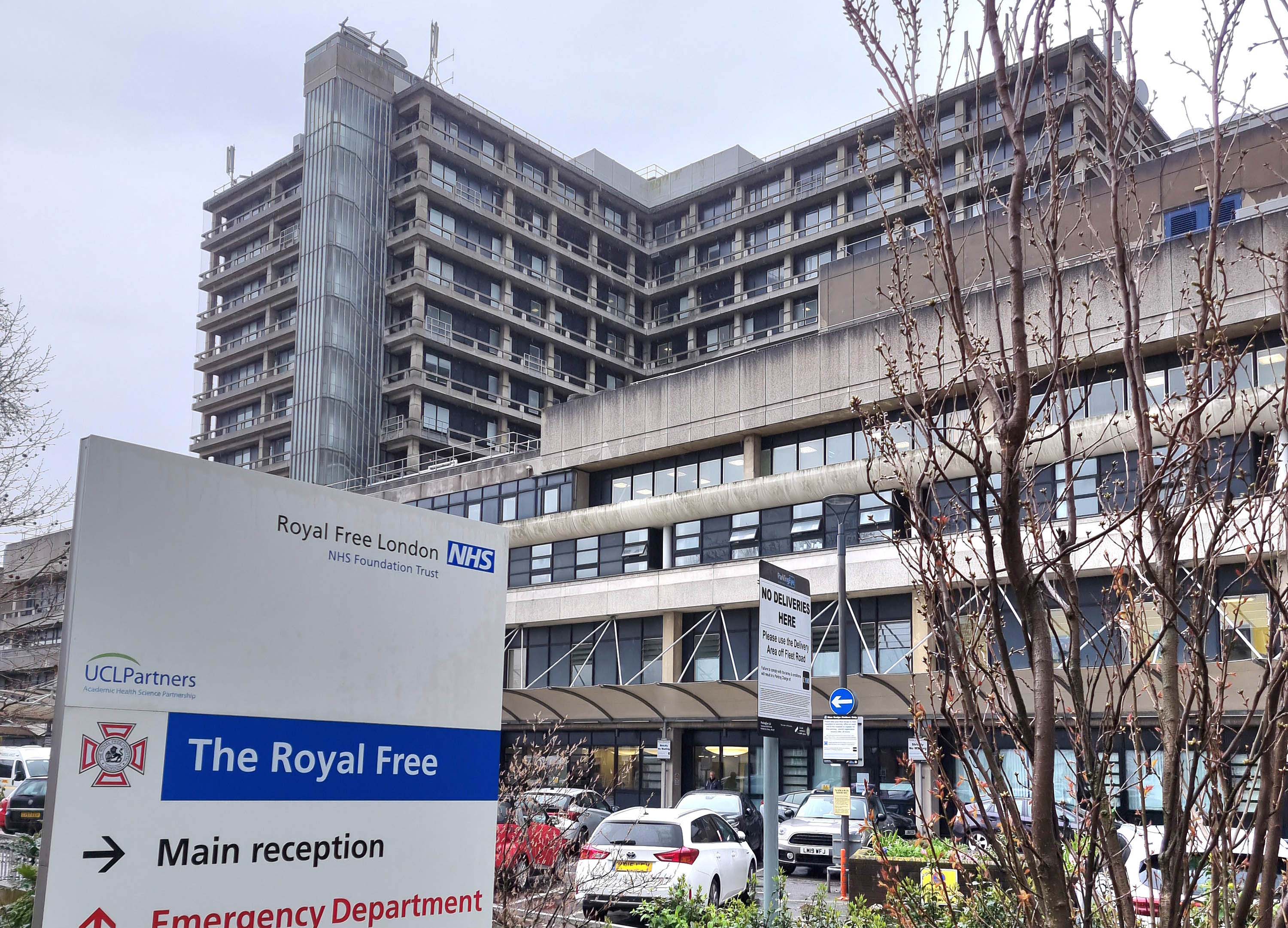Low-paid hospital workers could do with some help
Thursday, 8th February 2024

The Royal Free Hospital
• THE Royal Free Hospital is both blessed and cursed by its magnificent location.
It is in a marvellous setting but phenomenally expensive to live anywhere even reasonably close-by.
For many staff on low wages, there is no alternative but to live a long way off, and then they are hit by Transport for London’s exorbitant travel costs.
This double-whammy means that the RFH has major problems getting staff to work at low or entry level and, as a result, stuff simply doesn’t get done.
In the 1970s there was a council-run scheme called “short-life housing” in which houses that were empty because there were no funds to do them up were made available on a “make-do-and-mend” basis.
Since Camden has rather less than a thousand empties and since this applies to Notting Hill Genesis, along with most of the other big housing associations, maybe an amended and improved version of this scheme should be launched with a view to benefiting low-paid hospital staff.
As for the transport problem, the London mayor is sitting on a pile of around £1billion from congestion charges, LEZ, ULEZ-1 and ULEZ-2 receipts.
He could be prevailed upon to stop making profit on commuting charges for low-paid hospital workers and issue them with special modified Oyster cards. Technically, this is easy; it’s just a matter of software.
This is National Apprenticeship Week (www.apprenticeships.gov.uk). One way into work for many might be an apprenticeship which is based around qualifying people for higher levels of volunteering work, involving all branches of administrative, office, and some basic medical activity, and culminating in a qualification which would be a doorway to good employment.
Such a scheme needs various managerial inputs and could easily be run by the RFH who would then benefit from those who graduate from it.
PETER RUTHERFORD
Pandora Road, NW6